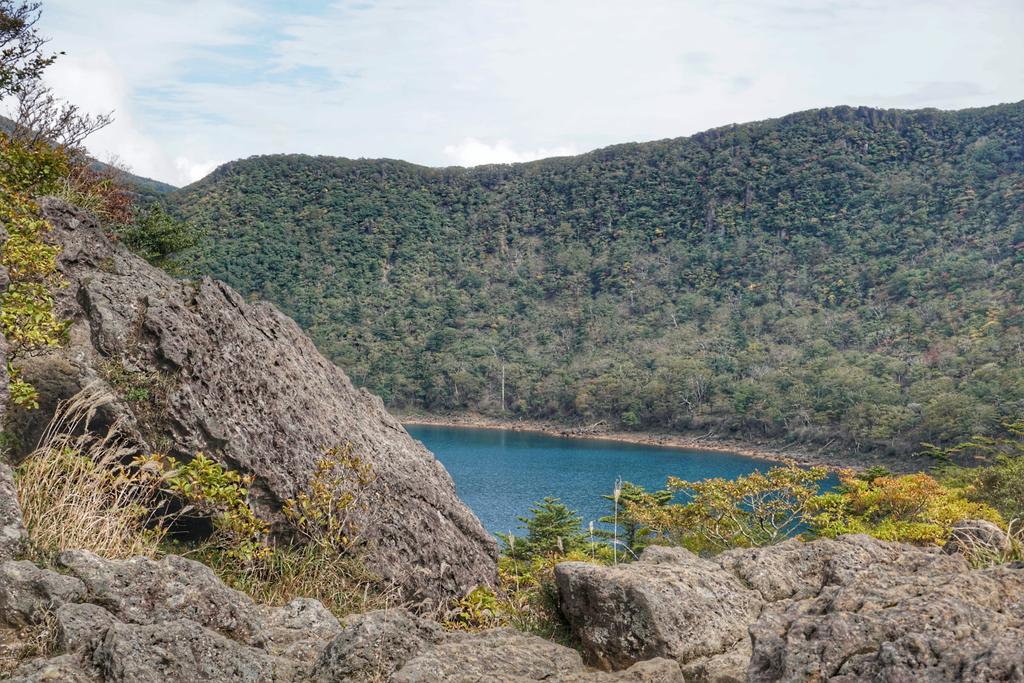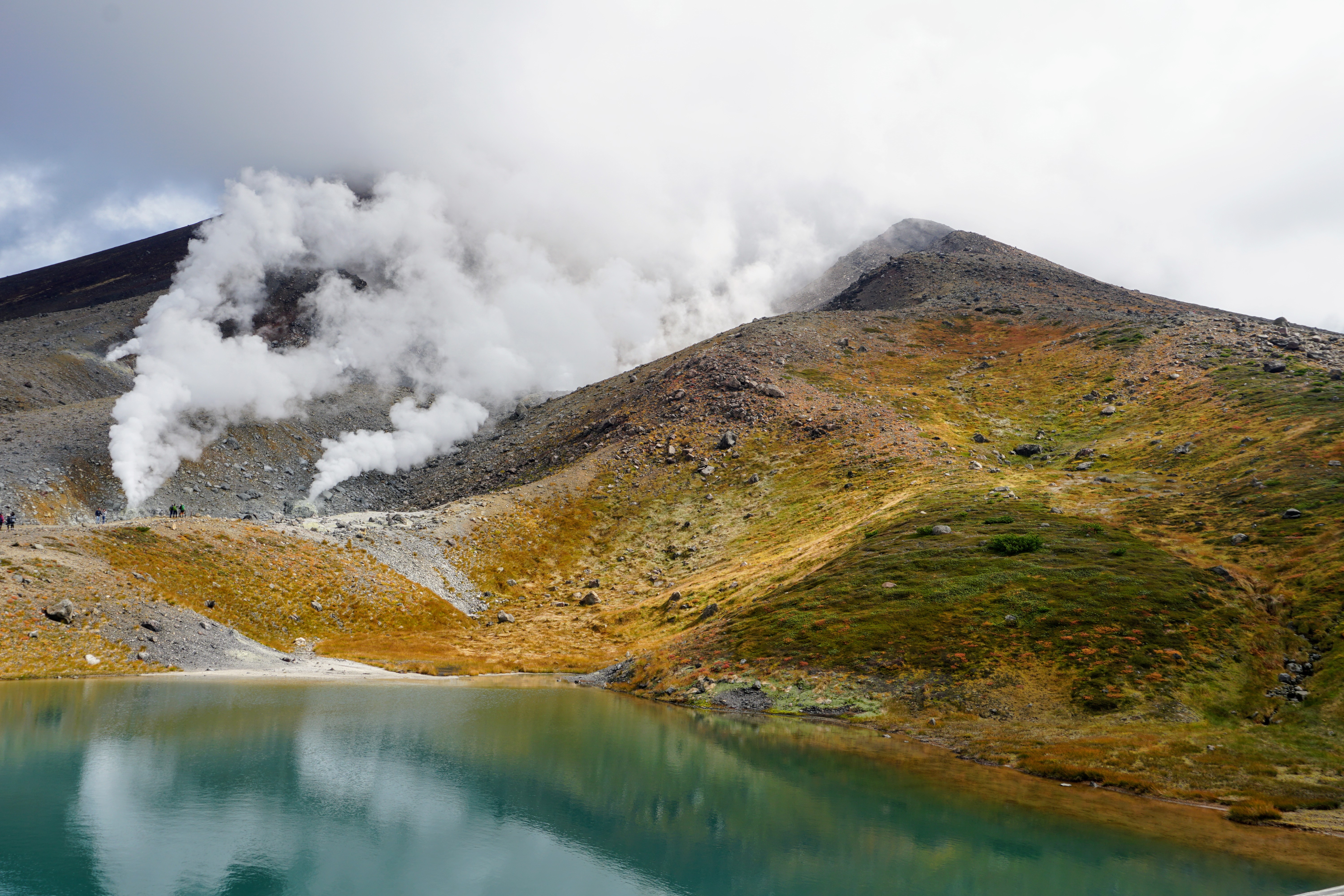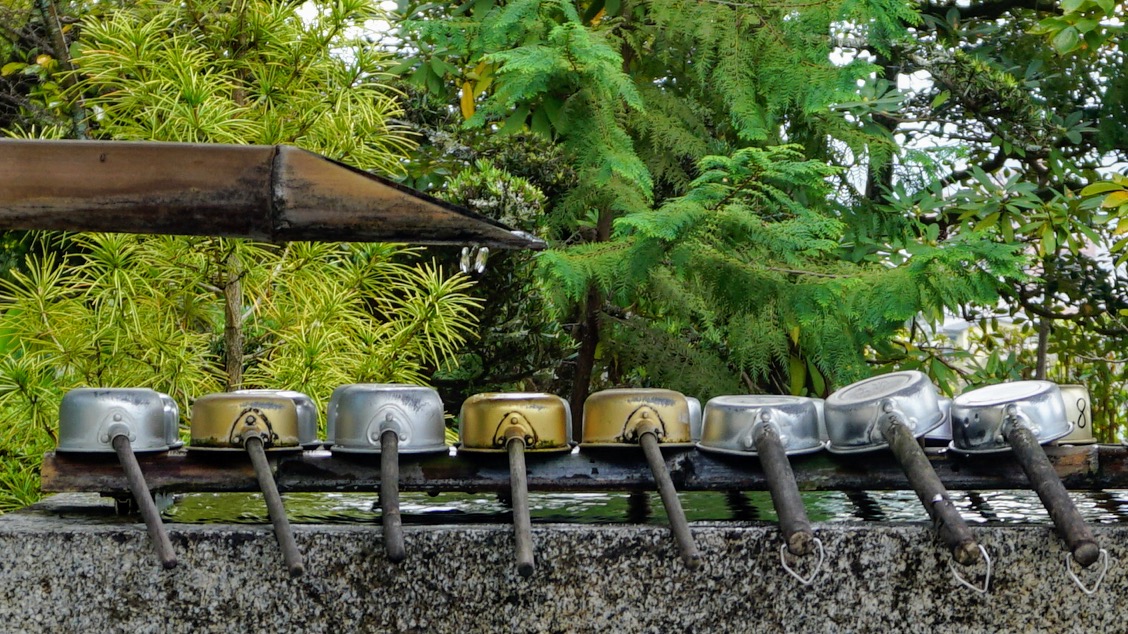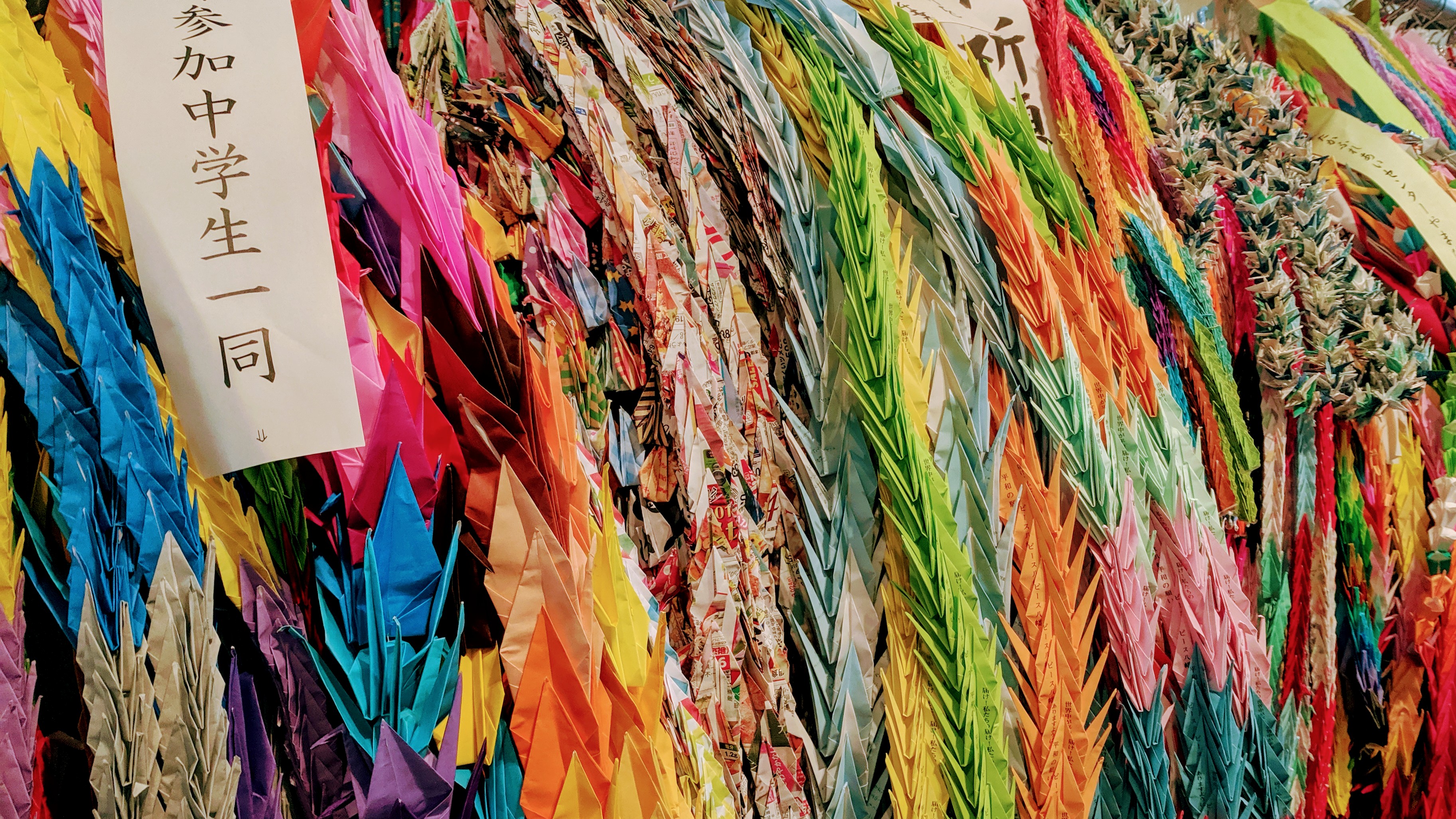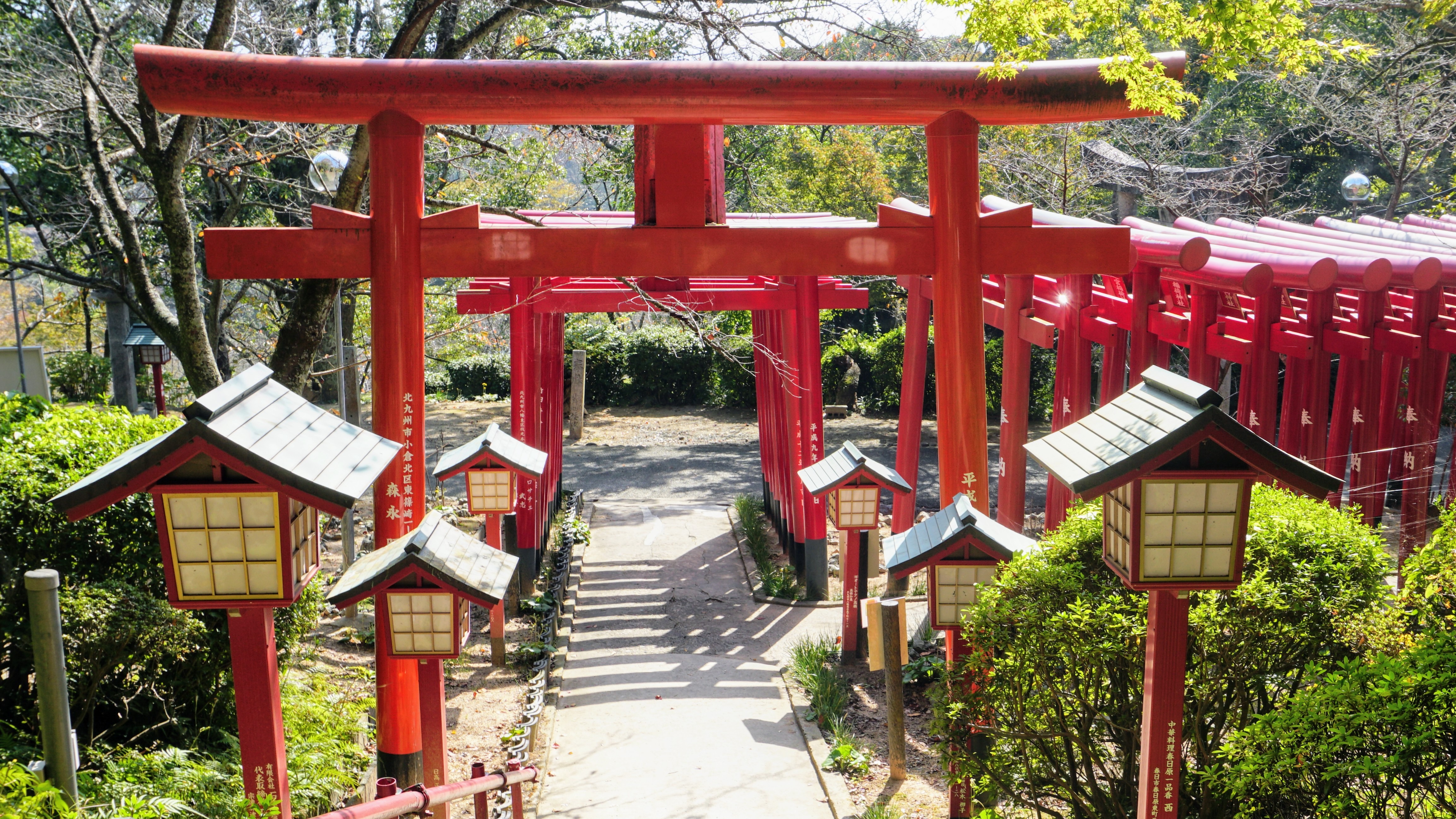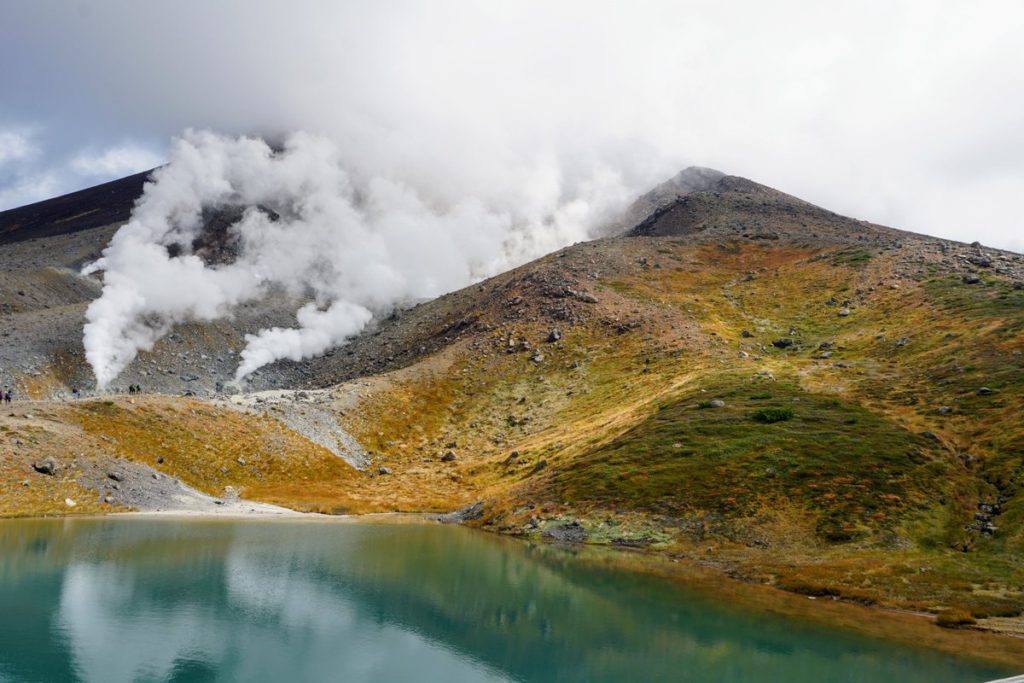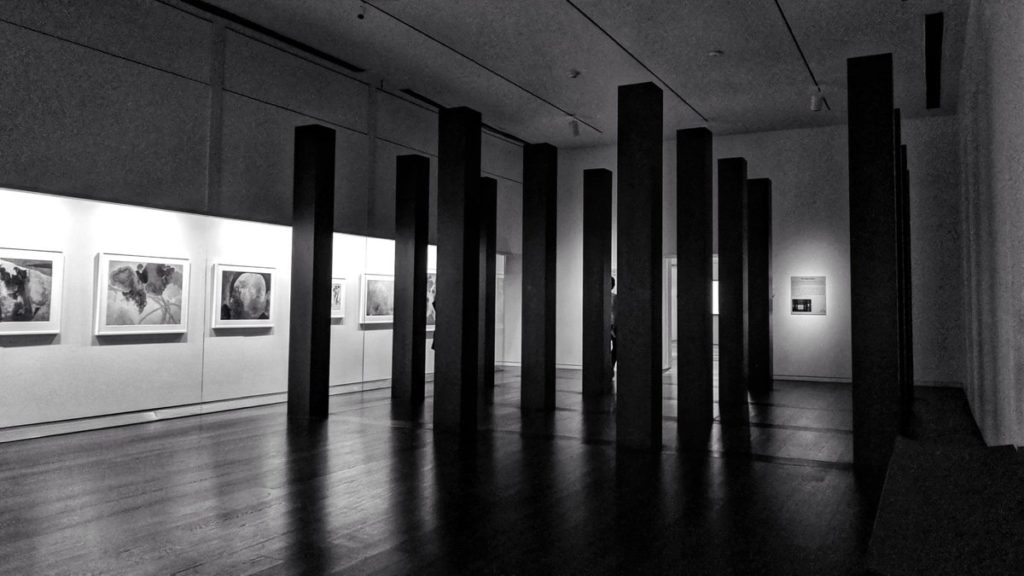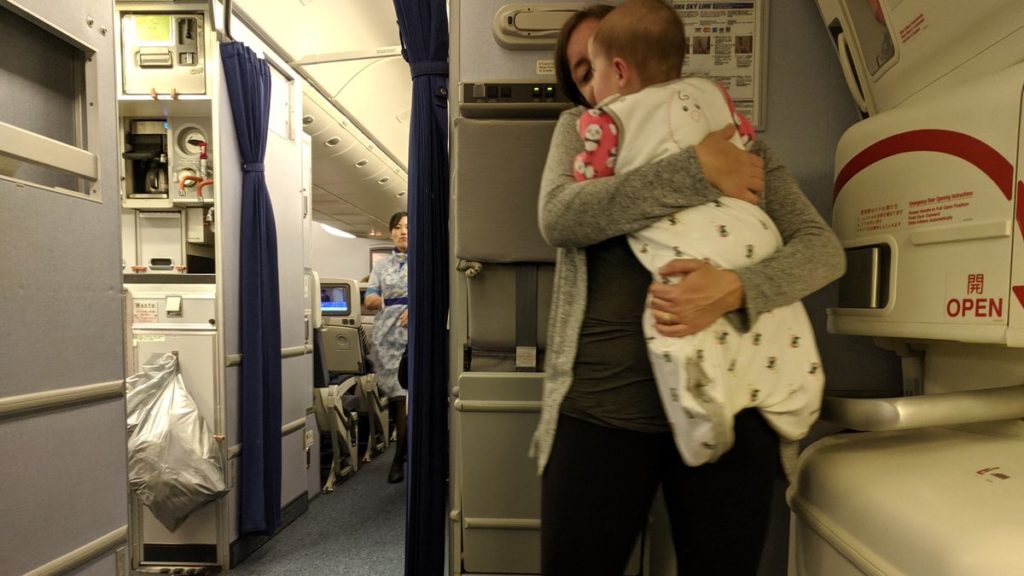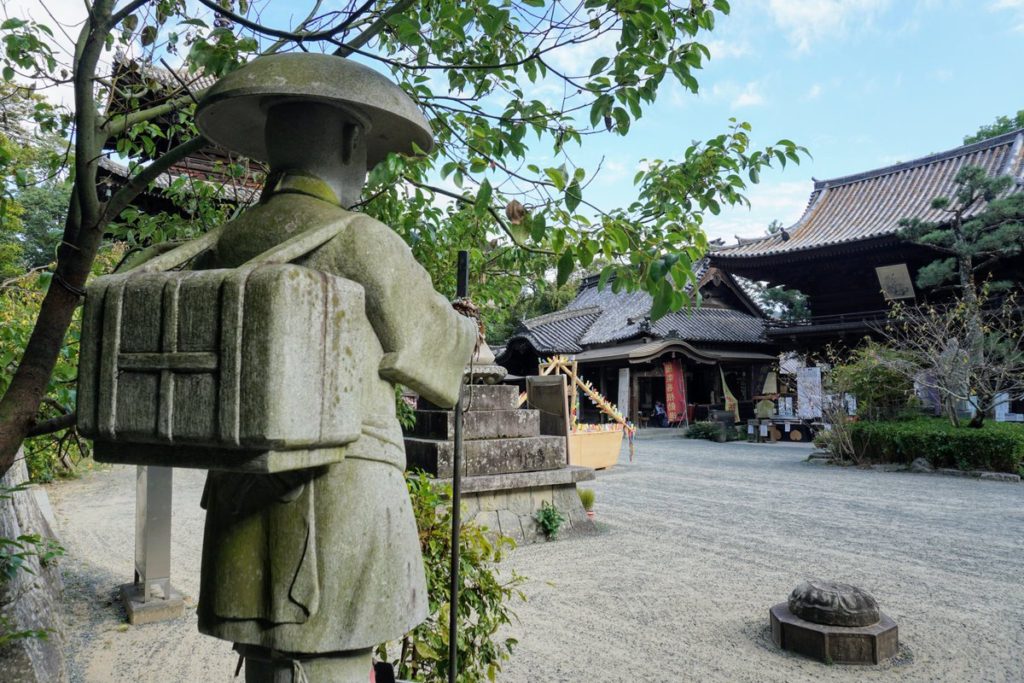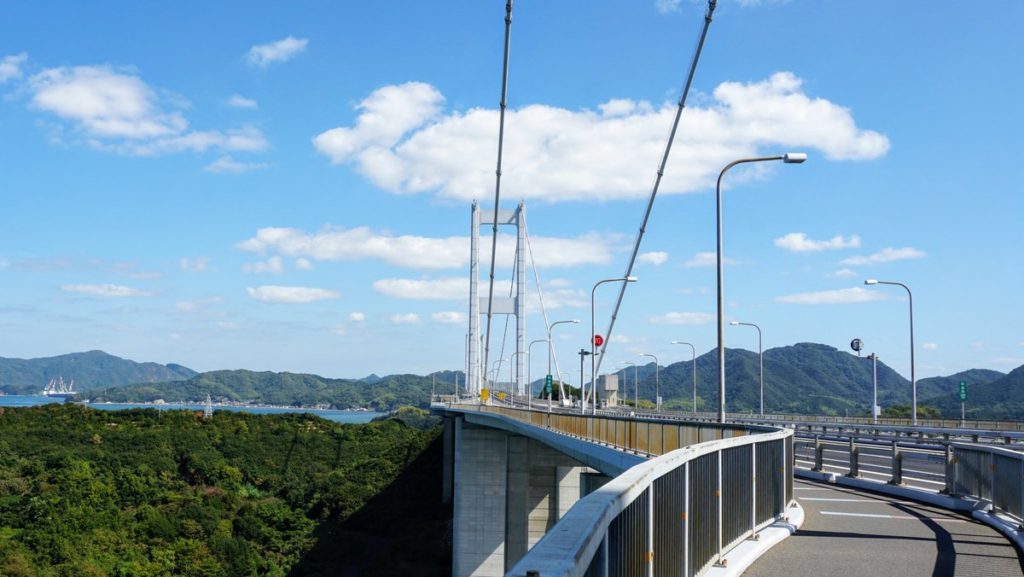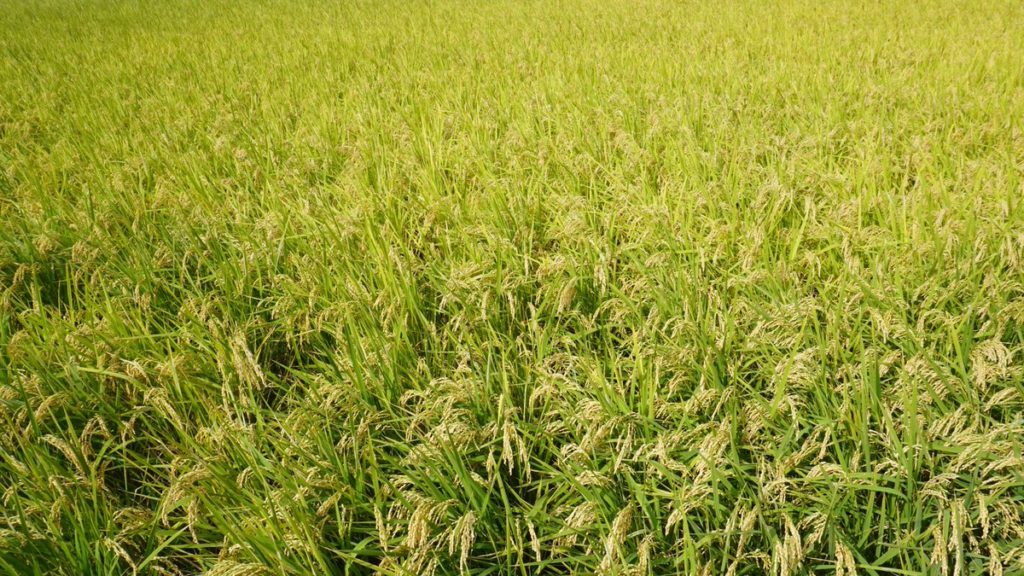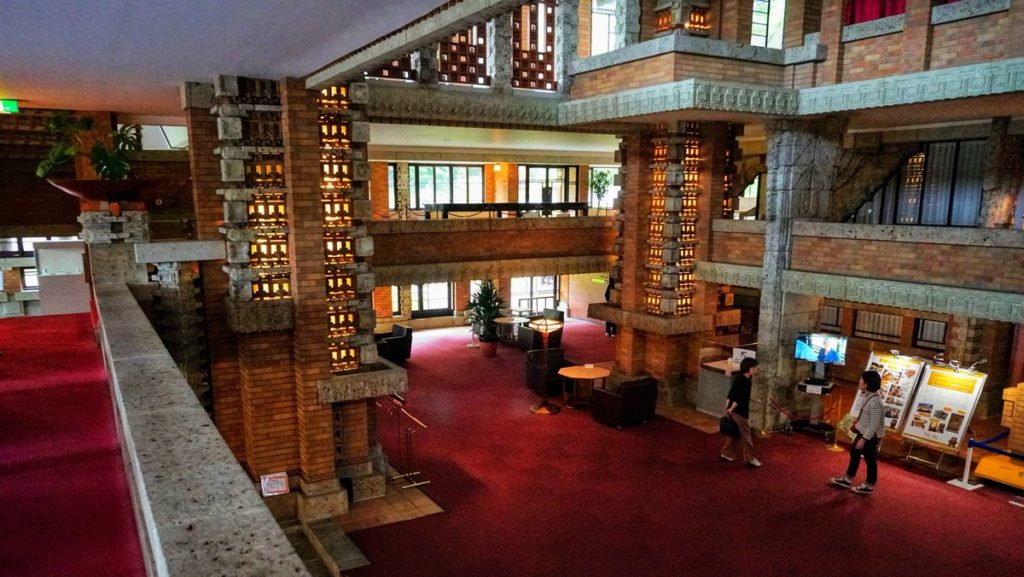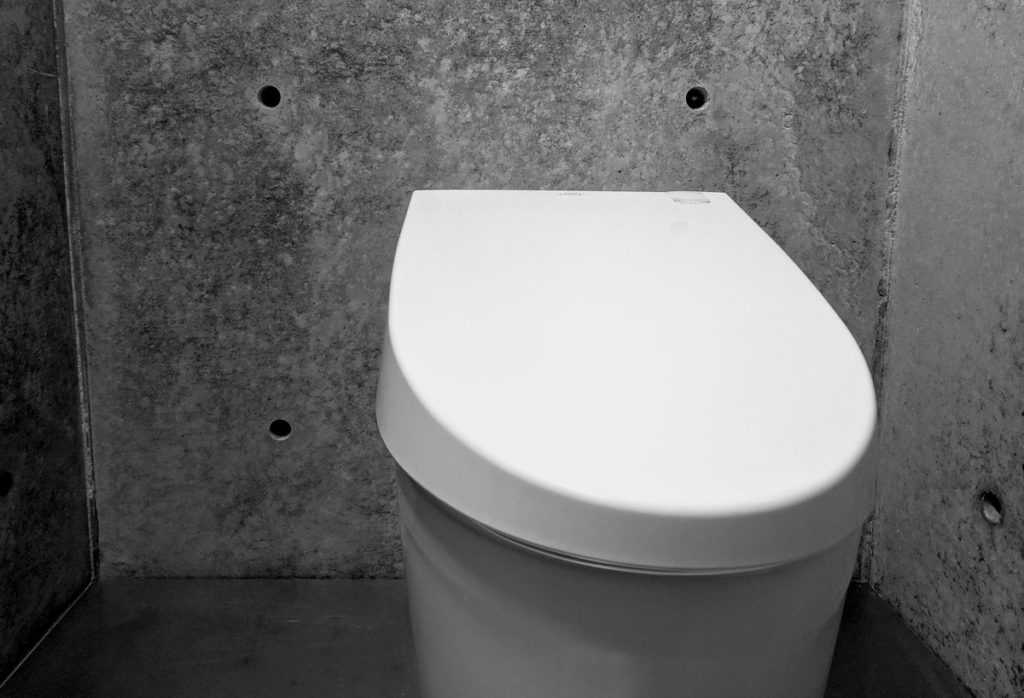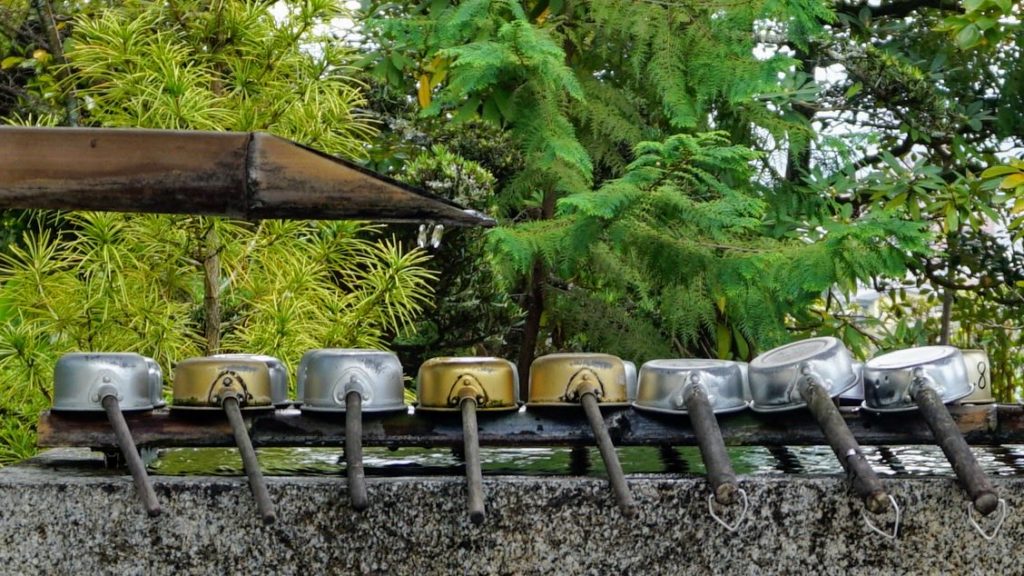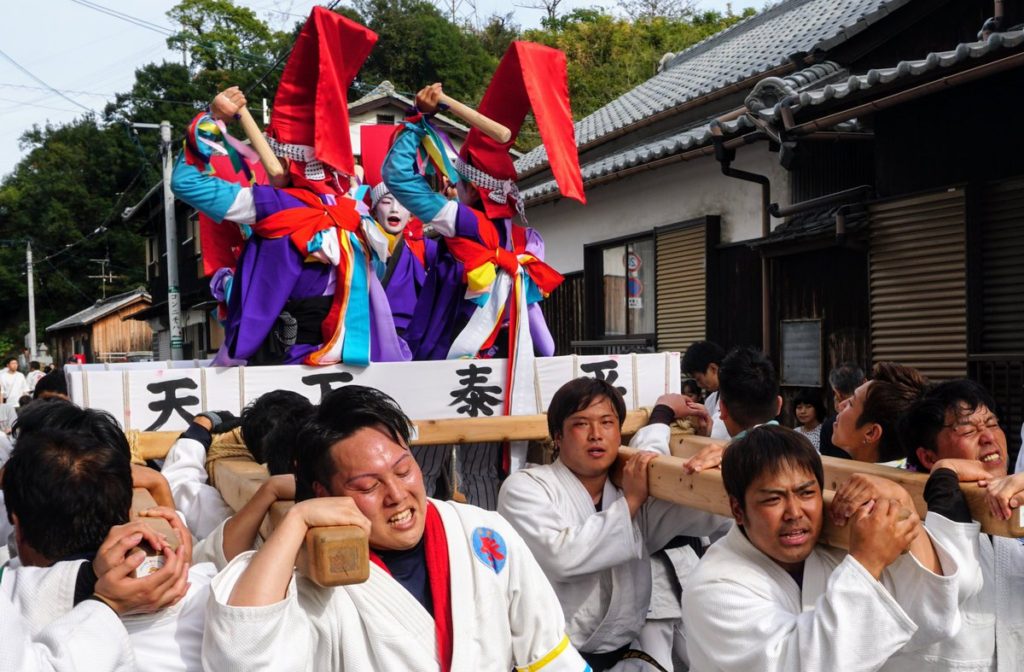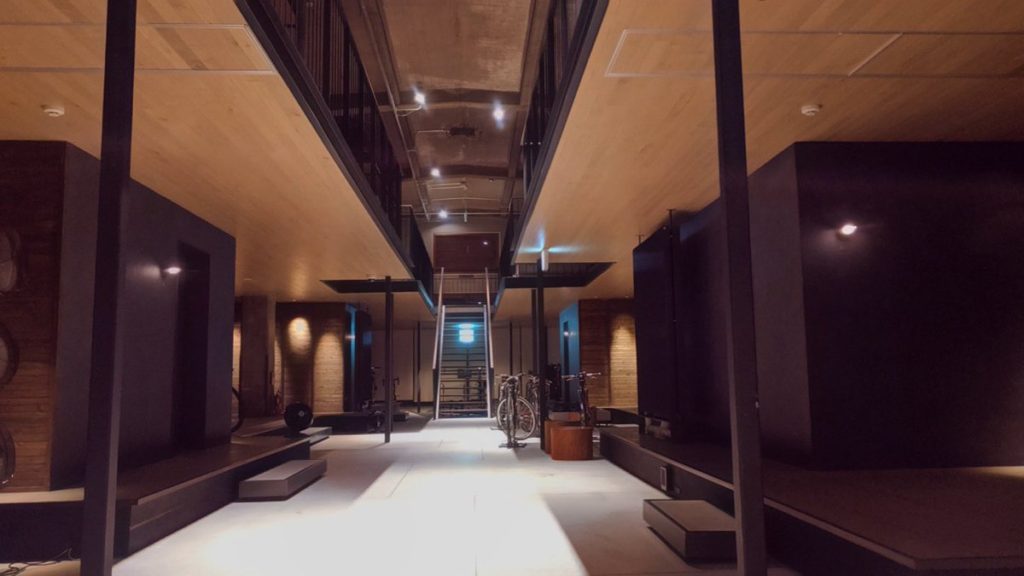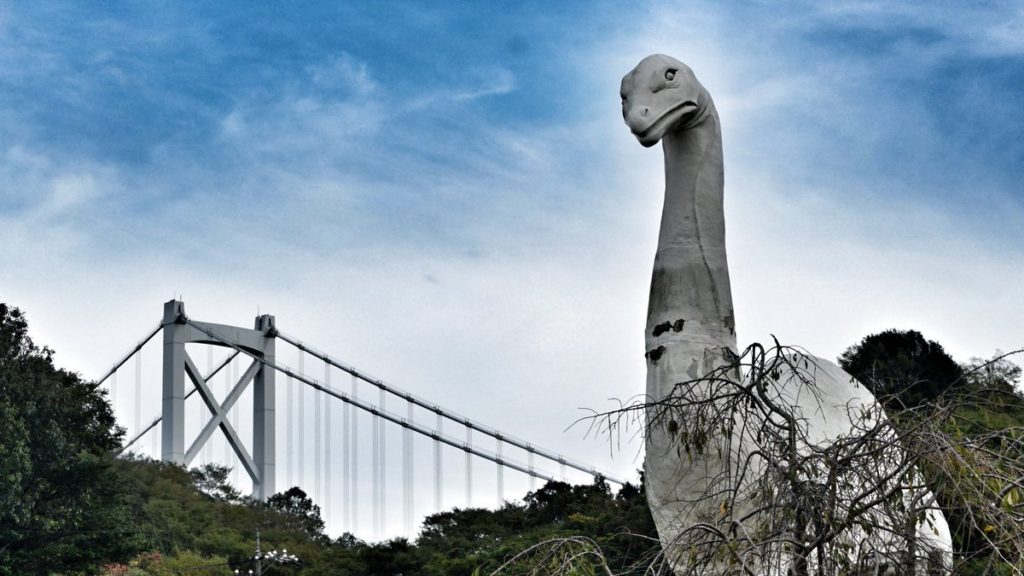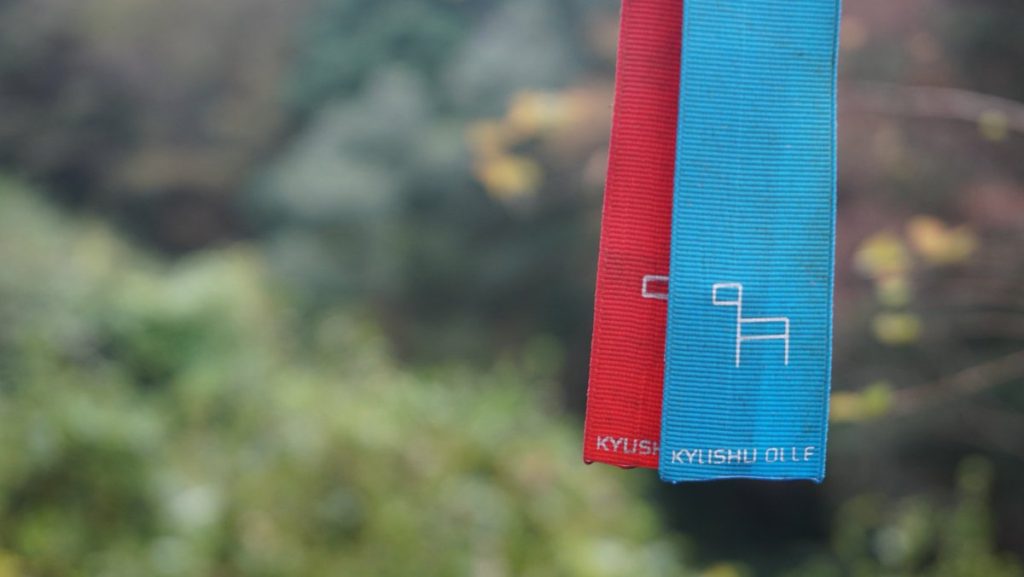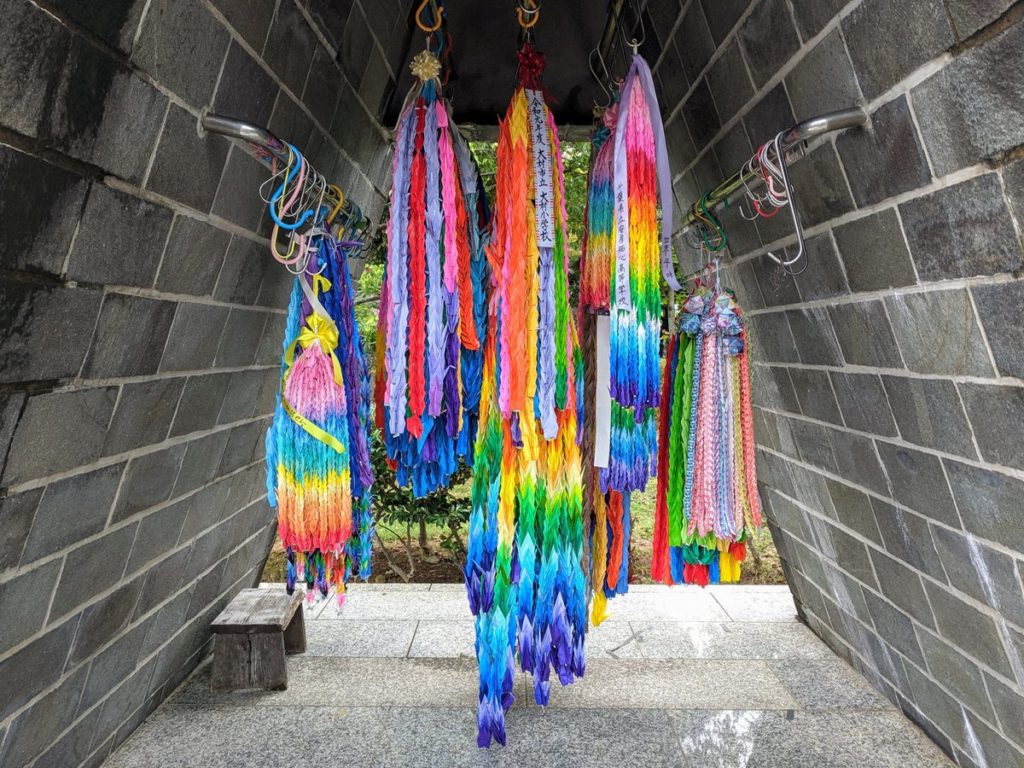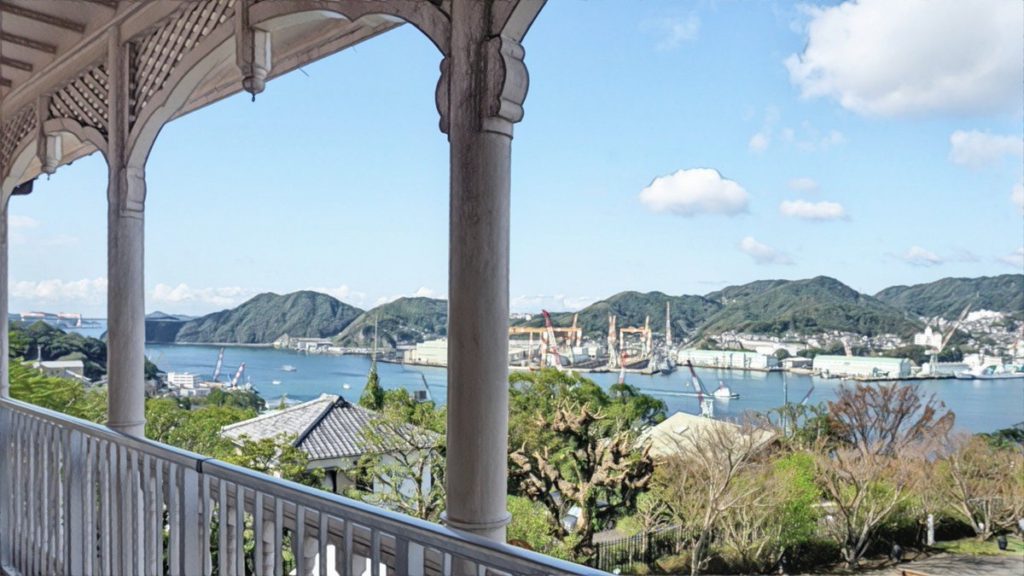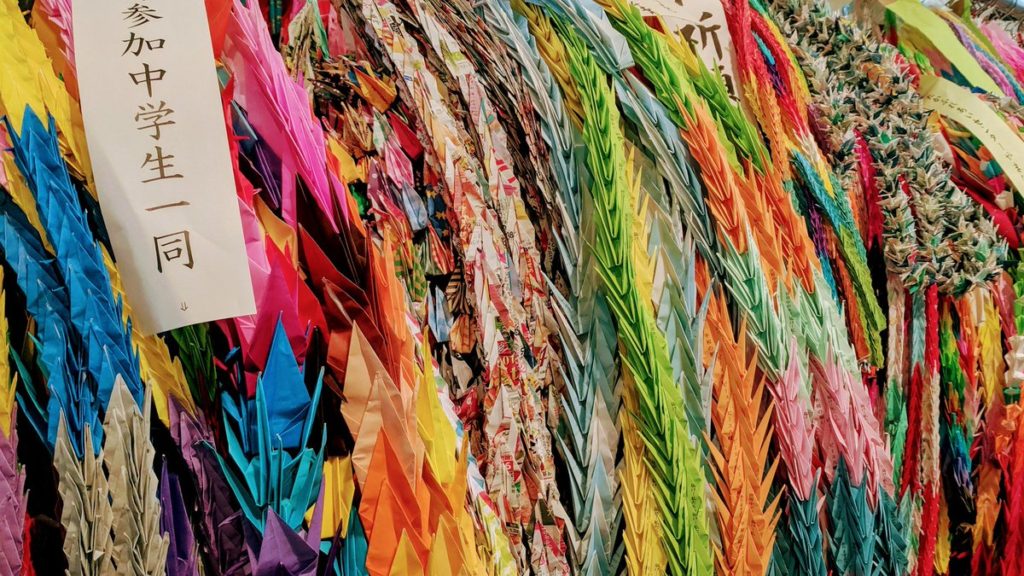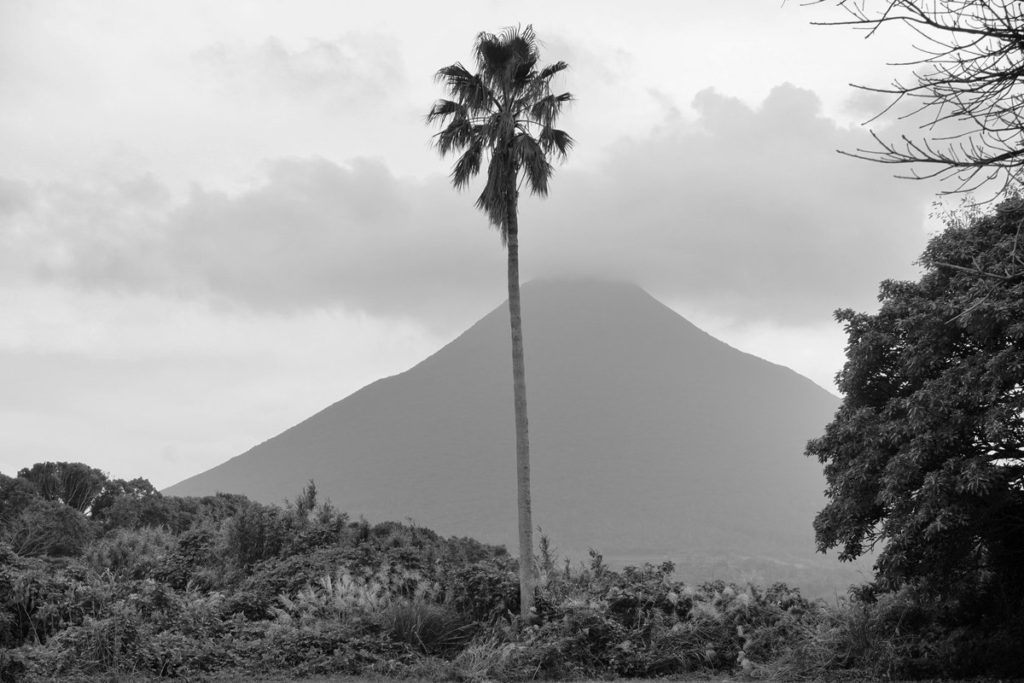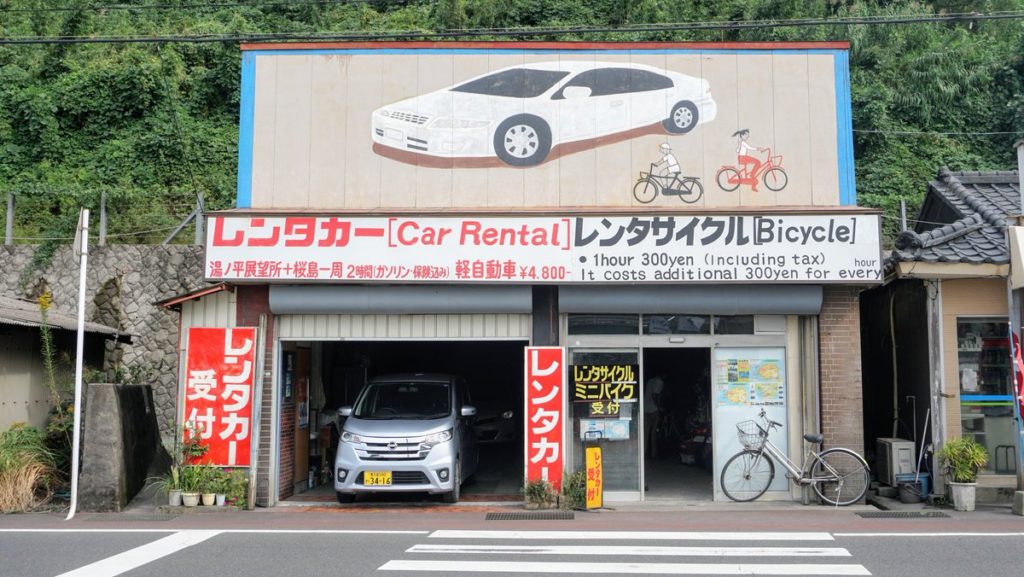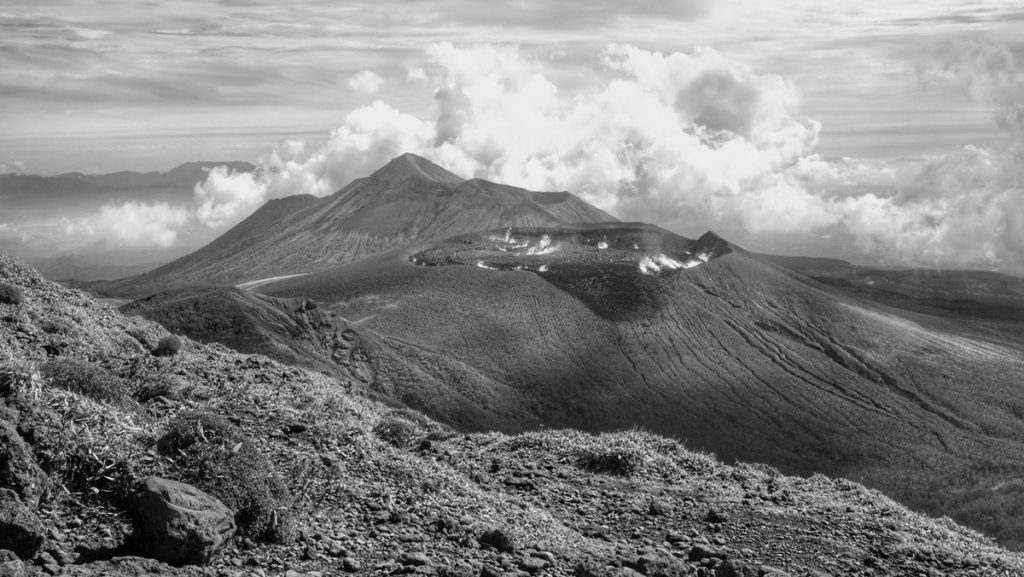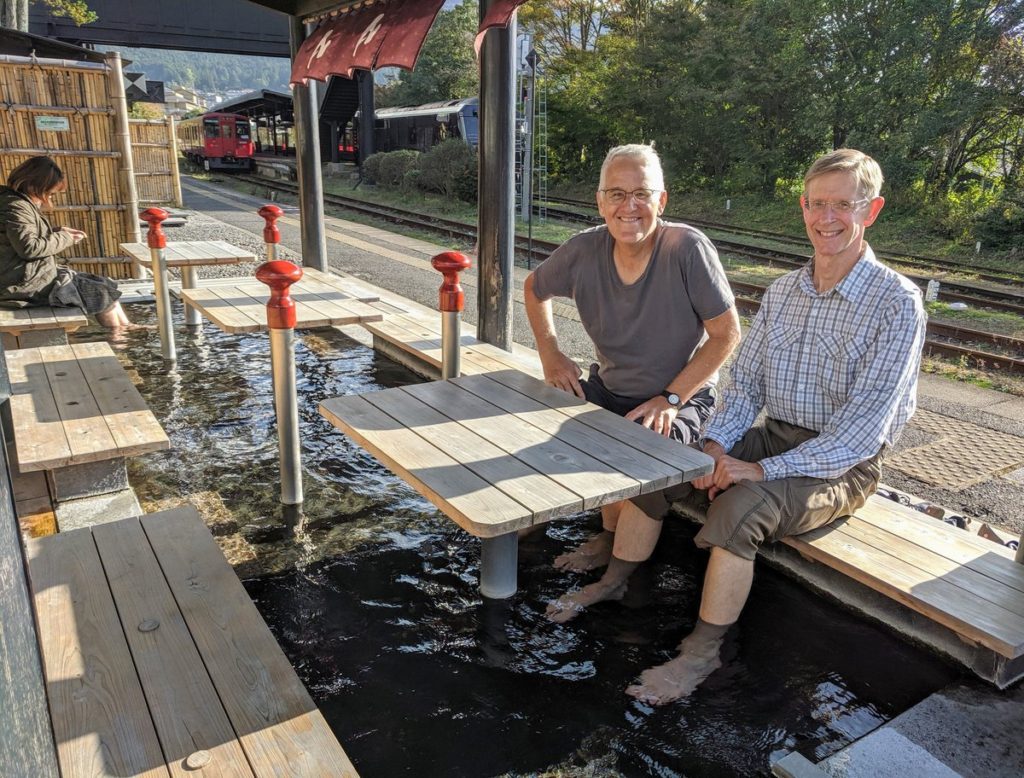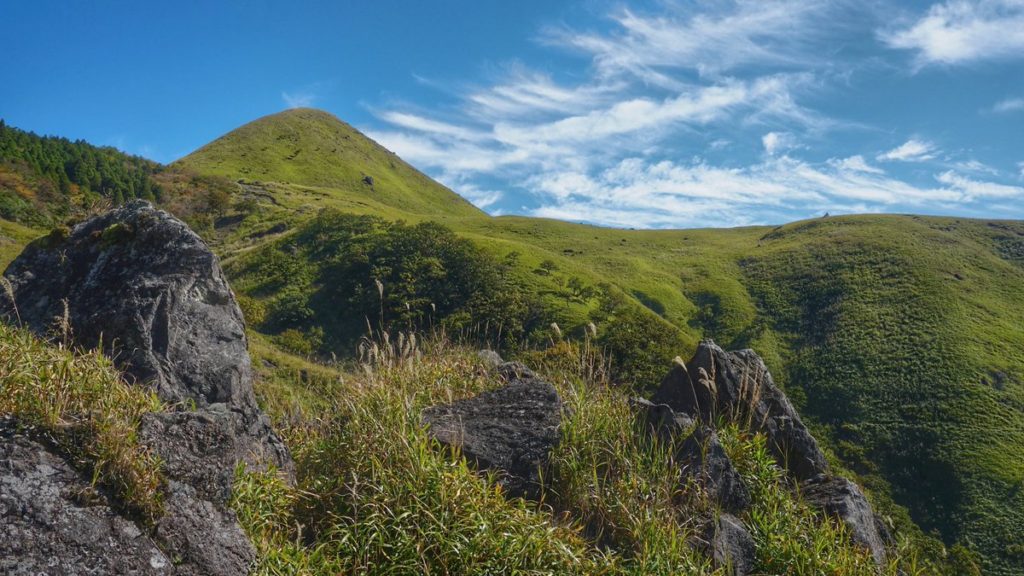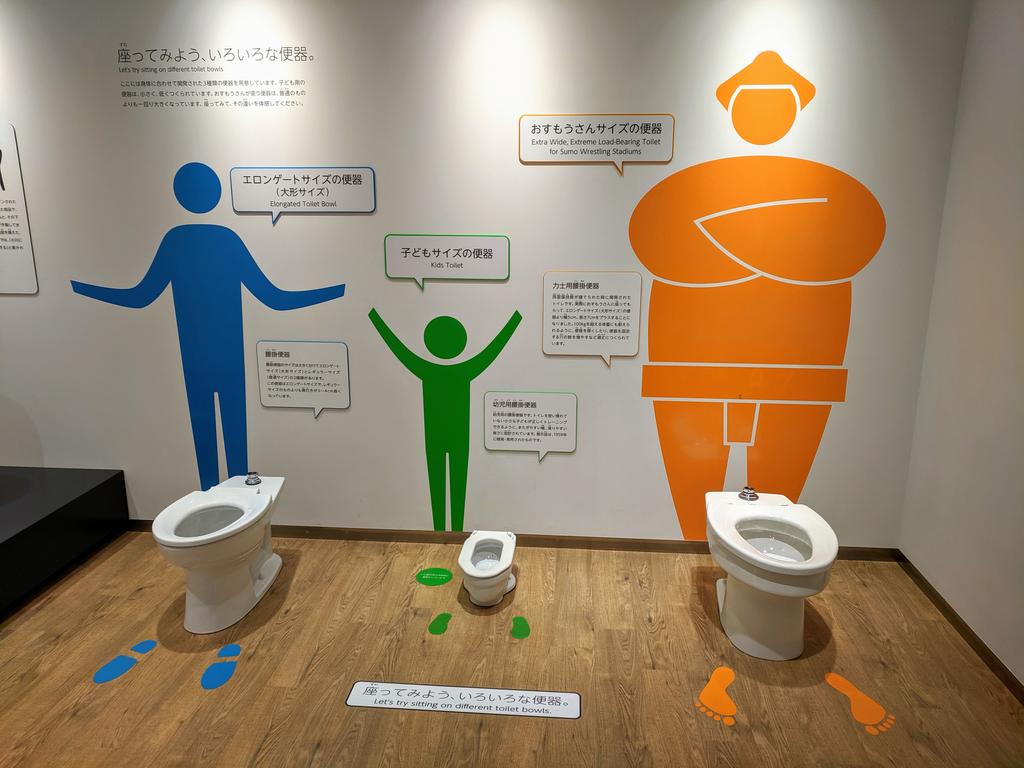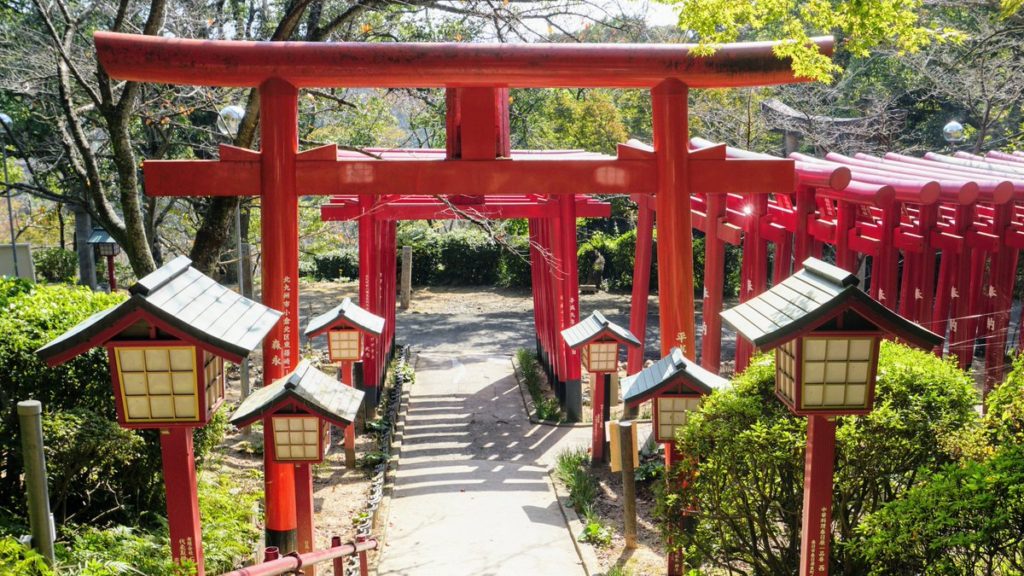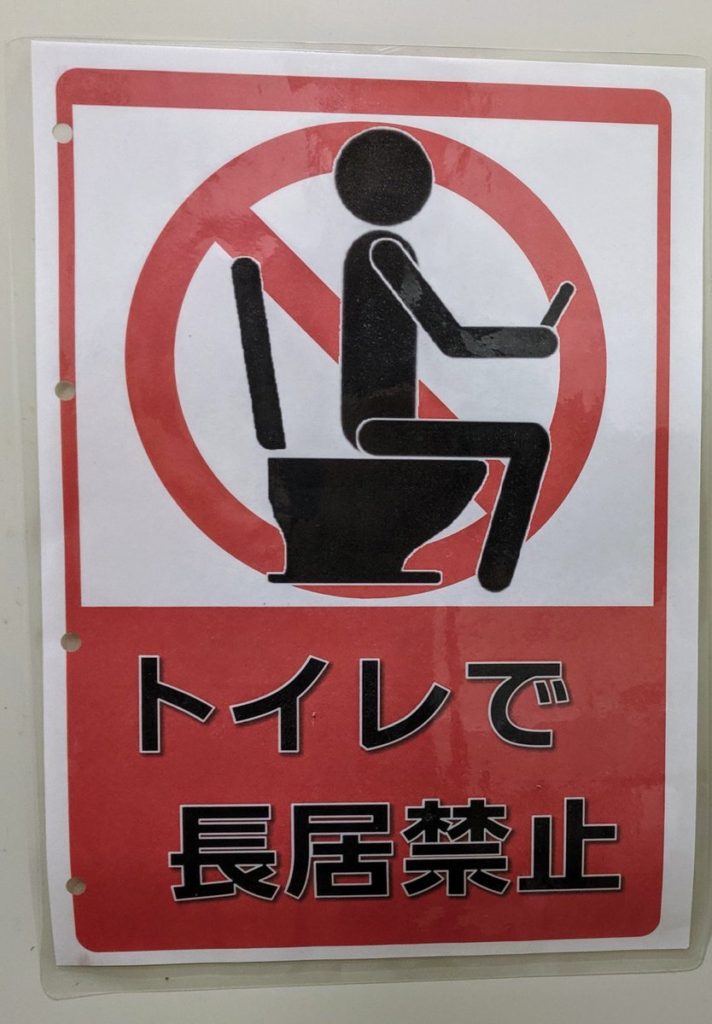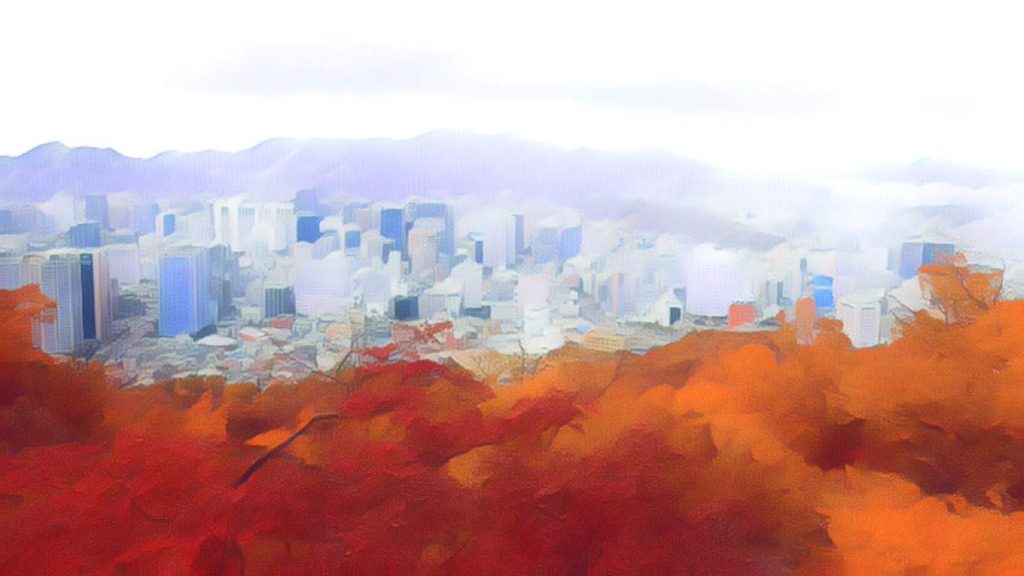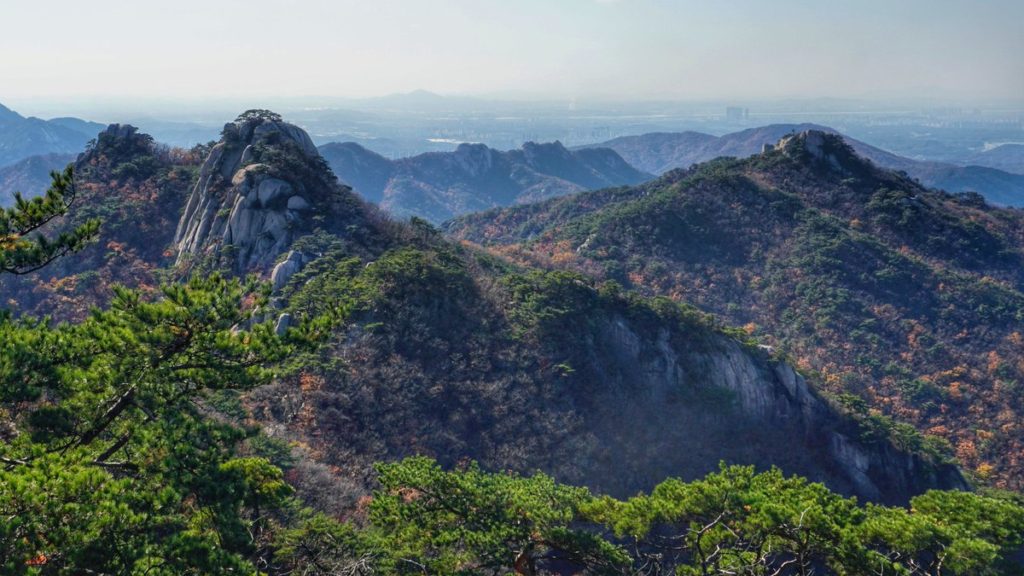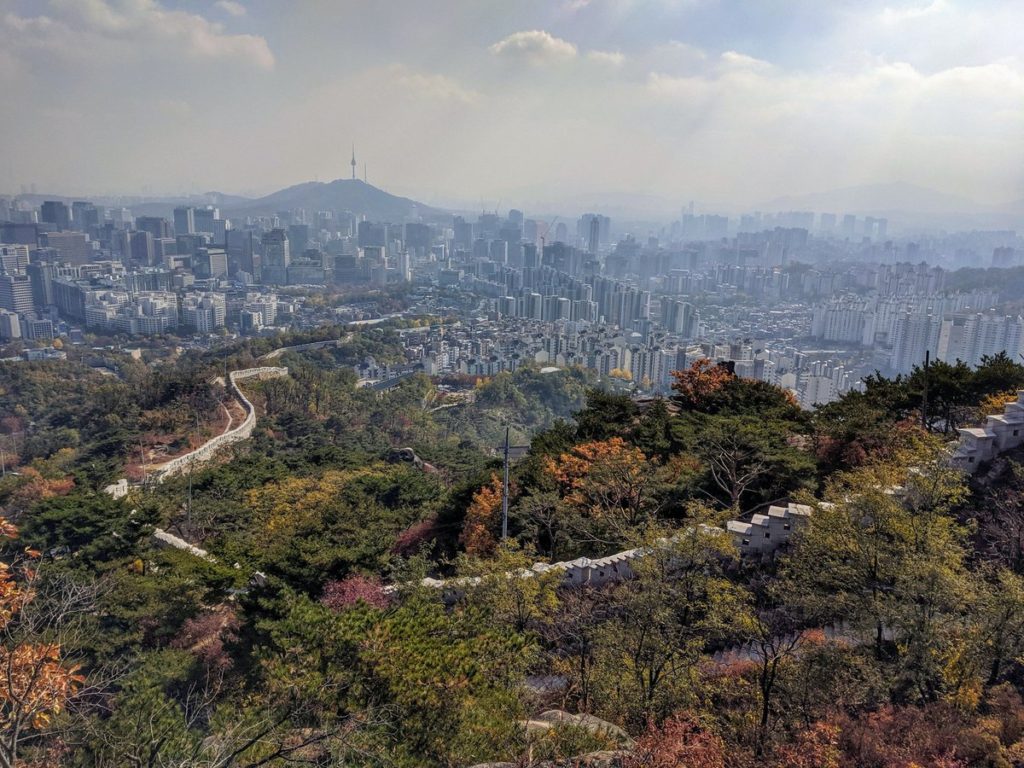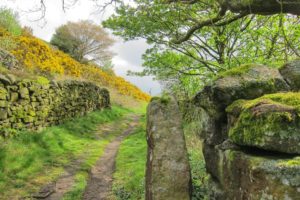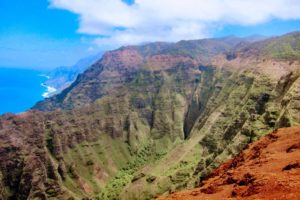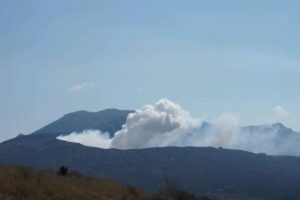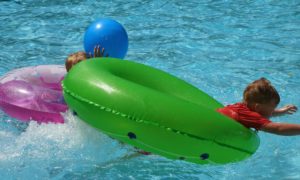More journeys ≫
Full itinerary (requires login)
Tomorrow we go to Japan. I’ve been visiting Japan annually for several years as a solo traveler. I’m grateful my recently post-work partner now has the time to travel with me. We’ve managed to duck Typhoon Hagibis, Japan’s most powerful typhoon in decades. Hundreds of thousands of people have been affected. Last year I managed…
Continue reading Japan 2019Whenever I visit the island of Shikoku, Japan, I like to walk to some of the 88 temples of the Shikoku 88 pilgrimage. This year, my partner and I walked to temples in the Matsuyama area, following in the footsteps of many pilgrims over the centuries. I also followed in my own footsteps as I…
Continue reading Temple Plumbing 2019As we near the end of our visit to Japan, I’ve been going through our photos looking for examples of “only in Japan.” Ryokan, Yufuin, Northern Kyushu A ryokan is a traditional Japanese guest house. Multi-course dinners and breakfasts were served in our room. After dinner, the table was moved and futons and duvets were…
Continue reading Only in Japan
Between flights at O’Hare, rode the L Downtown. Finally visited the Tadao Ando gallery at the Institute of Art. This peaceful place, with the 16 permanent pillars, was a refuge for some after 9/11. Next weekend we’ll sleep in a place designed by Ando on the island of Naoshima.
View from our seats: in-flight entertainment, 12-hour ANA flight, Chicago to Tokyo. It was a happy baby: happy babies make me smile. I’d bought cheap Economy tickets early to snag exit row seats at no extra cost. The baby spent most of the journey in a bassinet.
Pilgrims have been backpacking the Shikoku 88 for hundreds of years, visiting 88 temples on a 750 mile route around the island of Shikoku. We stored our backpacks in a locker at Matsuyama’s main train station then walked between a few temples.
Rented bicycles, cycled across Japan’s Inland Sea on part of the Shimanami Kaido trail. The trail provides spectacular views as it crosses huge bridges and small islands.
Explored on foot, helped by two trains. Shikoku 88 temples (52, 53), pilgrims, a castle, a museum designed by Tadao Ando all about a novel, a convenience store, pre-schoolers shouting “hello” and “konichiwa,” houses and gardens, kind people, rice fields ready for harvest, … .
It was rainy, a good day to change plans and ride a bullet train for 230 miles to visit Meiji Mura, an architecture museum. After coffee in the lobby of Frank Lloyd Wright’s Tokyo Imperial Hotel, we explored many of the 60 buildings. We then rode a bullet back.
Walked into art at the Chichu and Lee Ufan Art Museums on the island of Naoshima in Japan’s Seto Inland Sea. Photography was not permitted, but I took this photo without fear of discovery. Note Tadao Ando’s signature concrete.
Posted Temple Plumbing 2019.
Our day pursuing art on Naoshima Island was interrupted by this happy scene. The men were having a great time occasionally hollering and making the platform sway, rise, and drop. Meanwhile the kids on the platform maintained both their composure and the rhythm on a taiko drum.
Last night we slept in a museum designed by starchitect Tadao Ando on Naoshima Island. Tonight we sleep in a bicycle-friendly hotel in a former warehouse on a wharf in Onomichi. There’s a bike hanger in each room for those with bicycle separation anxiety.
Took a ferry from Onomichi, where we’re staying in a “bicycle hotel,” to Ikuchi Island in the Seto Inland Sea. Rented bikes, then cycled back across islands and bridges (including the one in the photo), and past a children’s playground.
Paused today’s rail journey from Onomichi to Nagasaki at Kurume for a few hours to do a self-guided OLLE hike. The concepts and trail markers for OLLE hikes originated in South Korea. The energetic hike included forests, bamboo stands, shrines, great views, and fields of azaleas.
Origami peace cranes, Peace Park, Nagasaki.
Stood on the verandah of a former Mitsubishi guest house, opened 1896, where crews stayed while their ships were repaired at the Mitsubishi shipyard across Nagasaki Bay. The shipyard still uses a dry dock opened in 1905. The original British electric motors still drive the pumps.
Posted Nagasaki Origami Peace Cranes.
Took a train to a tiny country station, the southernmost in the Japan Rail system. Hiked past fields of vegetables that will be harvested in the coming weeks. Walked through many cobwebs “blocking” the trail, reminding us it’s almost Halloween. Caught glimpses of Mount Kaimon.
Rented modest bicycles from a modest shop for 4 hours. Cycled a loop around the base of a smoking, roaring volcano, Sakurajima, taking care not to slip on volcanic ash. When we returned the bikes 40 minutes earlier than planned, the owner refunded ¥200 each.
A caldera lake gradually revealed itself as we hiked up a volcano then along the rim in Kirishima-Kinkowan National Park, Kyushu, southern Japan.
Hiked to 5,600 feet where we could see the smoking landscape on all sides. Kirishima-Kinkowan National Park, southern Japan.
Took a train to Yufuin, northeast Kyushu, where we will be staying in a ryokan (traditional Japanese inn) for the next two nights. Soaked our feet in a hot spring foot bath at the train station while our laundry went through its cycles at a nearby laundromat.
Hiked in the mountains above Yufuin, where we are staying. Aso-Kuju National Park, Kyushu.
Visited the TOTO Museum in Kitakyushu. TOTO, the largest toilet manufacturer in the world, is headquartered here Their washlets are commonplace in Japan: we have them in our home. Learned sumo wrestlers use “extra wide, extreme load-bearing” toilets.
Hiked on a sacred mountain then dropped about 100 low-value coins into the donation box at a shrine. We’ve been accumulating small change (worth a total of about US$4) and didn’t want to bring it all the way to Minneapolis.
Took a short flight from Fukuoka, southern Japan, to Seoul, South Korea. We have hiking plans for each day in Seoul, starting today with a Fall-color walk up Nam Mountain. On Tuesday we fly on a brand new Delta Airbus A350 nonstop from Seoul to Minneapolis.
Rode the Seoul subway to Wolchulsan National Park then started climbing. The trail was gnarly in parts, but it felt good.
Spent much of the day hiking the Seoul City Wall. Originally built in 1396, two-thirds of it still exists today. The wall snakes up and down mountains around Seoul, so we enjoyed a decent hike.
